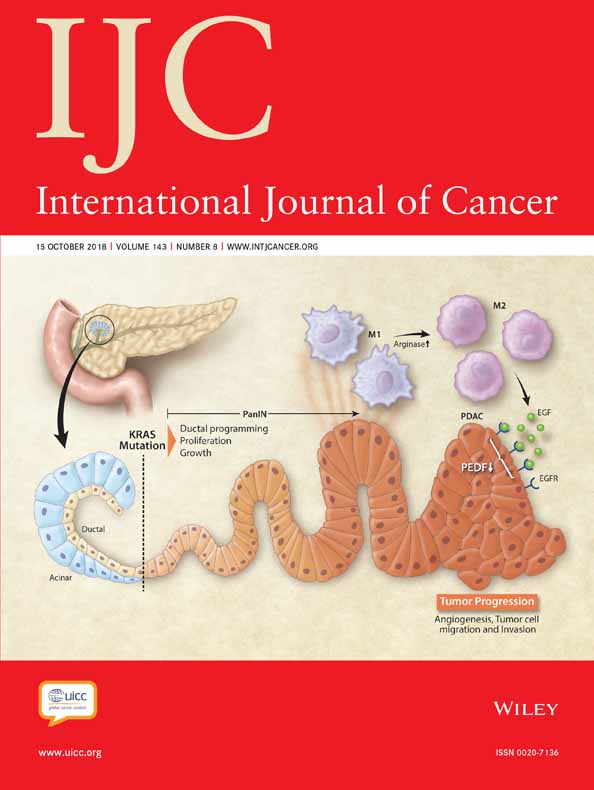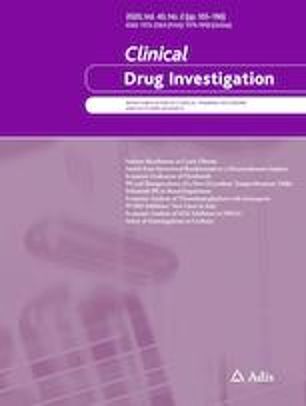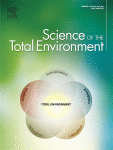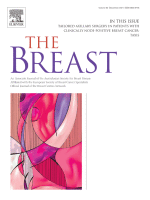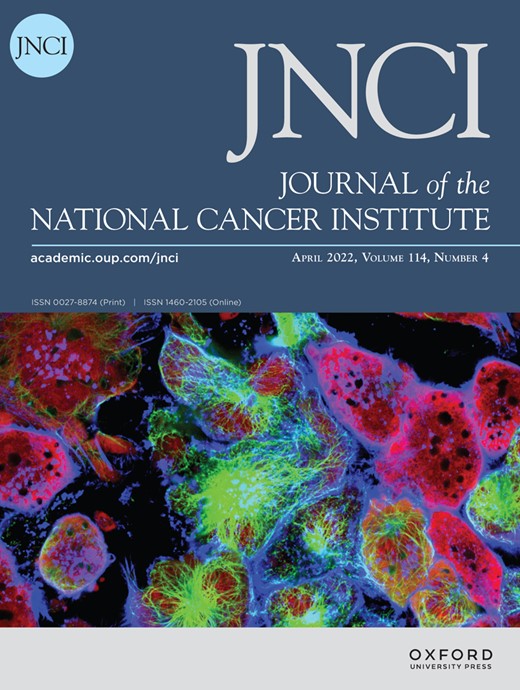CA19‐9 and Apolipoprotein‐A2 isoforms as detection markers for pancreatic cancer ‐ a prospective evaluation
Recently, we identified unique processing patterns of apolipoprotein A2 (ApoA2) in patients with pancreatic cancer. This study provides a first prospective evaluation of an ApoA2 isoform (“ApoA2‐ATQ/AT”), alone and in combination with carbohydrate antigen 19‐9 (CA19‐9), as an early detection biomarker for pancreatic cancer. We performed ELISA measurements of CA19‐9 and ApoA2‐ATQ/AT in 156 patients…



